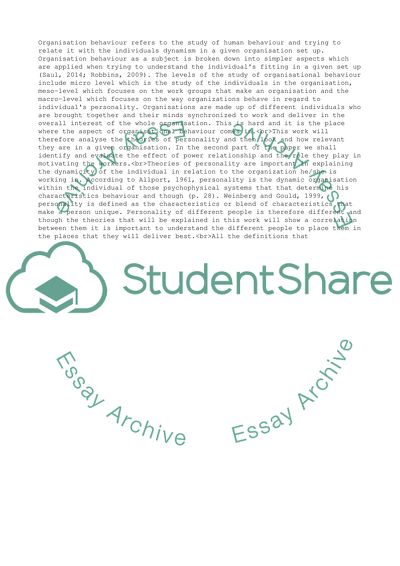Cite this document
(“Organisational Psychology Essay Example | Topics and Well Written Essays - 1750 words”, n.d.)
Organisational Psychology Essay Example | Topics and Well Written Essays - 1750 words. Retrieved from https://studentshare.org/management/1655093-organisational-psychology
Organisational Psychology Essay Example | Topics and Well Written Essays - 1750 words. Retrieved from https://studentshare.org/management/1655093-organisational-psychology
(Organisational Psychology Essay Example | Topics and Well Written Essays - 1750 Words)
Organisational Psychology Essay Example | Topics and Well Written Essays - 1750 Words. https://studentshare.org/management/1655093-organisational-psychology.
Organisational Psychology Essay Example | Topics and Well Written Essays - 1750 Words. https://studentshare.org/management/1655093-organisational-psychology.
“Organisational Psychology Essay Example | Topics and Well Written Essays - 1750 Words”, n.d. https://studentshare.org/management/1655093-organisational-psychology.


